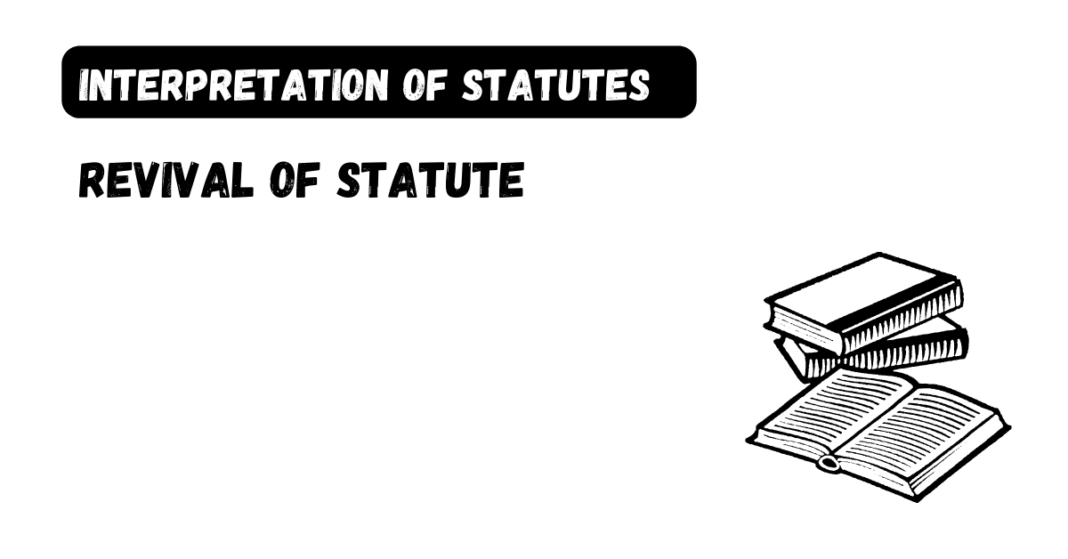The revival of a statute refers to the restoration of a previously repealed or expired law to its original state of operation.
Two Main Ways in which a Statute can be Revived
- Automatic revival: Some statutes include a provision that automatically revives the law if it has been repealed or has expired. This provision may specify a certain time period within which the statute must be revived, or it may allow for automatic revival at any time in the future. In such cases, the statute is revived without any need for legislative action.
- Revival by legislative action: A statute can also be revived by legislative action. This means that the legislature passes a new law that revives the old statute. The new law may specify the conditions under which the old statute is revived, such as the date on which it comes back into effect and any changes or amendments that have been made to the original statute.
It is important to note that the revival of a statute does not necessarily mean that it will have the same effect as it did before it was repealed or expired. The revived statute may have been amended or changed in some way, or the circumstances in which it applies may be different.





